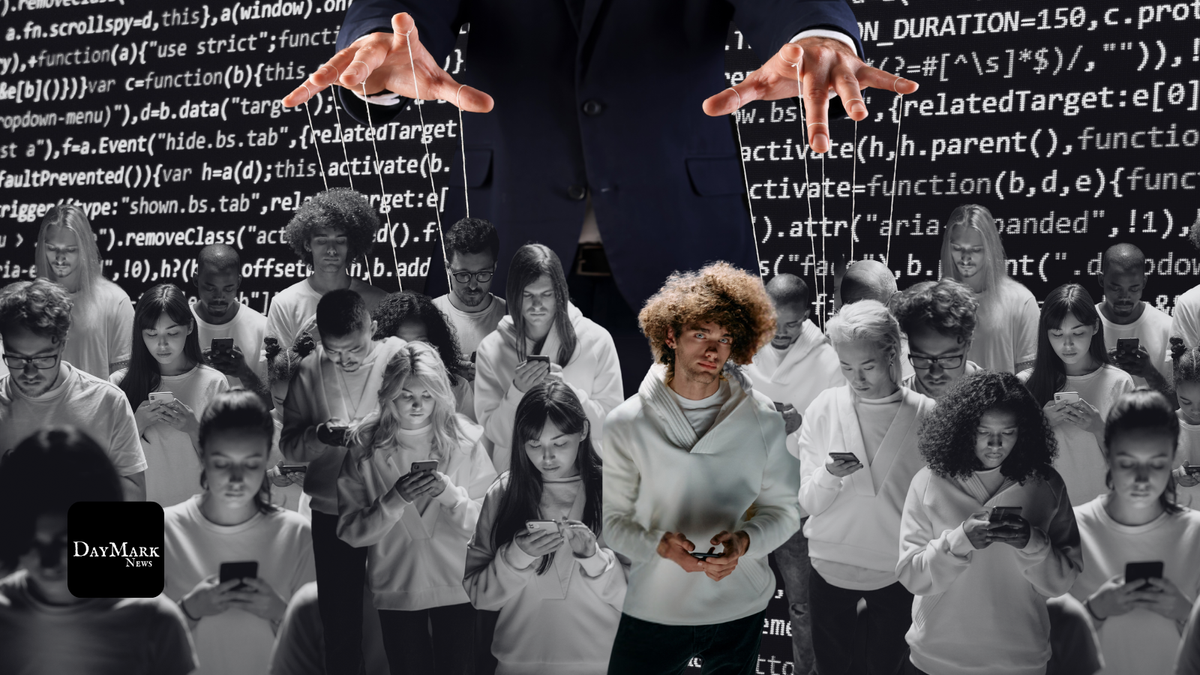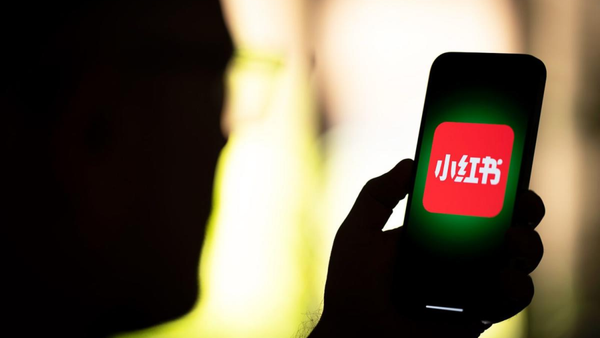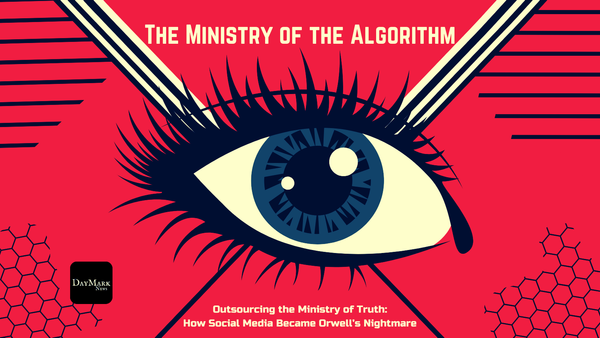The Digital Goebbels: How Tech Titans Are Rewriting the Rules of Influence
Goebbels would undoubtedly be impressed. He understood the power of controlling narratives. "Think of the press as a great keyboard on which the government can play," he famously said. In today’s world, the "keyboard" has become a hyper-personalized algorithm.

By I.V. Hill | DayMark News
Imagine a world where misinformation spreads faster than facts, where algorithms prioritize outrage over understanding, and where modern propagandists seamlessly exploit technology to manipulate entire nations. Welcome to today’s digital dystopia, where the spirit of Joseph Goebbels—the Nazi minister of propaganda—has found new life in the form of tech oligarchs and social media moguls. Who are these new torchbearers of Goebbels' playbook? Why are we failing to recognize their influence until it’s too late?
The "who" is simple enough: Elon Musk, Mark Zuckerberg, and their ilk. The "what" involves their platforms—X (formerly Twitter) and Facebook/Meta—becoming arenas where disinformation thrives, polarization deepens, and extremist ideologies are nurtured. The "where" and "when" are global and constant, infiltrating our screens and minds every minute of every day. The "why" is as old as time: power and profit. If Goebbels relied on radio, newspapers, and film to spread his venom, today's purveyors of propaganda rely on the far more powerful tools of algorithms, engagement metrics, and billions of users.
It’s tempting to dismiss such comparisons as hyperbole. After all, neither Musk nor Zuckerberg has (yet) donned a swastika or explicitly endorsed totalitarian regimes. But complicity doesn’t always require overt allegiance. Goebbels didn't invent fascism; he simply perfected its marketing. Similarly, modern tech leaders may not initiate hate or division, but they’ve provided the megaphones and arenas for it to flourish, often under the guise of "free speech" or "engagement-driven platforms."
Consider X under Musk’s leadership. Since his acquisition, the platform has reinstated banned accounts, many belonging to far-right figures, conspiracy theorists, and outright purveyors of hate. Research from the Center for Countering Digital Hate shows a sharp increase in hate speech and extremist content following Musk's overhaul of moderation policies. Musk defends his approach as a commitment to "free speech absolutism," but critics argue it’s less about principles and more about catering to an audience hungry for outrage. Musk isn’t Goebbels reborn—Albert Speer is perhaps a better comparison, but that’s a topic for another day. Still, his platform echoes the same chilling logic: amplify division, because division drives engagement.
Zuckerberg’s Facebook is no better. Internal documents leaked by whistleblower Frances Haugen revealed that the company’s own researchers knew its algorithms were fueling polarization and misinformation, yet executives repeatedly prioritized profit over reform. In one example, during the 2020 U.S. presidential election, Facebook’s systems amplified election-related disinformation at alarming rates. "The buck stops with Mark," Haugen testified before Congress, highlighting Zuckerberg’s role in these decisions.
Now, pause and ask yourself: If someone like Goebbels had access to these tools, would his job have been easier? The Nazis used newspapers and films to manipulate millions; imagine the scale of influence if Goebbels had access to a global audience of billions, endless data on user preferences, and algorithms designed to exploit outrage. The very thought is chilling, yet it’s the reality we live in today.
The consequences of this unchecked digital propaganda are staggering. Look no further than January 6, 2021. The storming of the U.S. Capitol wasn’t just the product of Trump’s lies about the election being stolen; it was a culmination of years of disinformation, algorithmically amplified by platforms like Facebook and Twitter. According to a study by the Election Integrity Partnership, false claims of voter fraud gained unprecedented traction in the weeks leading up to the attack, much of it spread through social media.
What makes this all the more insidious is the veneer of neutrality these platforms maintain. Musk claims to be an innovator, Zuckerberg a disruptor, but history won’t remember them for their lofty ambitions. Instead, they risk being remembered as enablers of division and architects of modern propaganda systems.
Goebbels would undoubtedly be impressed by their achievements. After all, he understood the power of controlling narratives. "Think of the press as a great keyboard on which the government can play," he famously said. In today’s world, the "keyboard" has become a hyper-personalized algorithm, capable of playing us all like finely tuned violins.
This isn’t to say we’re doomed to repeat history in its darkest form, but the warning signs are clear. In Germany, far-right parties like the Alternative für Deutschland (AfD) have gained traction, in part by mastering social media strategies that mirror Trump’s and MAGA’s. In the U.S., misinformation about vaccines, elections, and social movements continues to spread unchecked, often with the silent complicity of platform owners. The question isn’t whether propaganda is thriving; it’s whether we’ll recognize its modern forms before it’s too late.
So, would you recognize the second coming of Joseph Goebbels? Perhaps not in the guise of a single individual, but rather in a network of enablers, platforms, and algorithms that spread division as effectively as the propaganda of the past. Musk and Zuckerberg may not wear the uniforms of totalitarianism, but their actions—intentional or not—advance its causes. If Goebbels taught us anything, it’s that propaganda doesn’t require overt force to succeed; it only needs tools and a willing audience.
The tools are here, and the audience is listening. The question is, what are we going to do about it?
This article is licensed under Creative Commons (CC BY-NC-ND 4.0), and you are free to share and republish under the terms of the license.
At DayMark News, we are committed to exposing the rise of authoritarianism and its threat to democracy. In a time when disinformation spreads like wildfire and democratic institutions face relentless attacks, we need your support to keep the fight alive.
Investigative journalism is our weapon against authoritarian ideologies. We delve deep to uncover the truths others would rather keep hidden, while providing actionable resources to empower individuals like you to defend our democracy.
We believe in transparency, integrity, and the power of a well-informed public. But maintaining a platform dedicated to fearless reporting and mobilization requires resources. We refuse to bow to corporate interests or compromise our mission. That's why we turn to you — our community.
Every donation, big or small, helps us continue our work. With your support, we can produce the in-depth analyses, breaking news, and educational tools needed to resist the rise of extremist movements and protect democratic values for future generations.
This fight belongs to all of us. Together, we can ensure that democracy not only survives but thrives. Please consider making a contribution today to keep DayMark News strong and independent.
Donate Now: Because Democracy Can't Defend Itself.

 Donate
Donate



